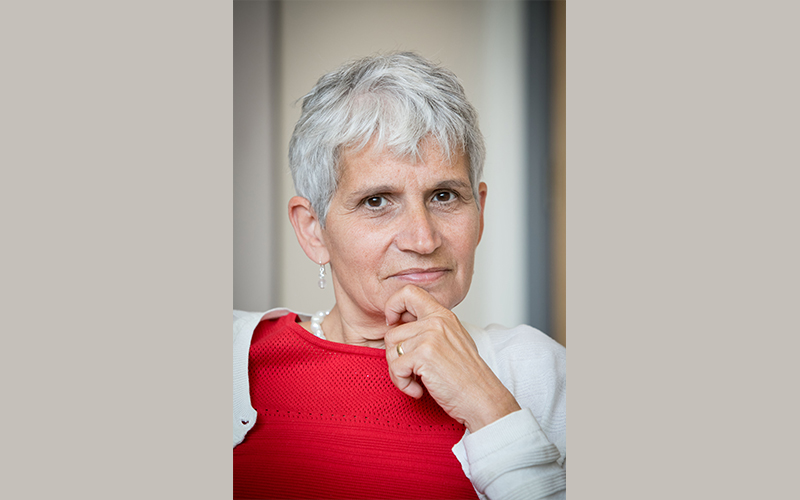
Dame Gerada brings with her over thirty years’ experience working in healthcare, having first trained in psychiatry at the Maudsley hospital before following her father’s footsteps and training to be a general practitioner.
Alongside her clinical practice, Dame Gerada has held a number of national leadership positions and was appointed Chair of the Royal College of General Practitioners in 2010, becoming the second woman in its 55-year history to do so. Last year, she was awarded a DBE in the 2020 Queen’s Birthday Honours for services to general practice and mental health.
Commenting on her new role at Cygnet Health Care, Dame Gerada said: “This is my first role in the independent sector, and I believe there is value in bringing and sharing expertise for the benefit of patient care and service user outcomes. Cygnet appealed because of its values – it is well led and in the right spirit. My remit will be around clinical governance and working with the Group Clinical Director to bring independent scrutiny and oversight.”
Dame Gerada said she recognised the Covid-19 pandemic has had a significant impact on mental health services in the UK, and that other big issues such as gambling, alcohol and substance misuse would also require additional intermediate care provision.
She said: “There will undoubtedly be a greater need and demand for mental health services, and we will see these issues arise as we emerge from the pandemic.”
“The pressure on health and social care staff isn’t to be underestimated. Taking care of their mental health needs and caring for the workforce will be key to helping people recover from what has been, for many, a traumatic and prolonged period of time. It has been intense and relentless, with no clear end in sight and, whilst the vast majority of people have shown huge resilience, we mustn’t underestimate or assume people have endless resources to draw upon – be it family, friendships, religion, colleagues, or other social interactions. Indeed, some may not have their own resources at all. It’s complex, so what is important is getting the basics right in recovery time. Good work planning, good environments, time and space.”
She added: “Managers will need the skills to talk and have open door policies. Holding group meetings will help people download and share how they’ve experienced Covid. Being able to meet face-to-face like that will be great, so it’s not all online.”
“Whole group events as well as smaller ones will help and try to normalise what people have been going through and identify experiences together. From this it might be possible to identify the 3 – 4% who need more help. And that’s really important, people need space to talk about what’s been going on, in their own time and their own way.”
Dame Gerada was awarded an MBE for service to medicine and to substance misuse in the Queen’s Birthday Honours 2000, and since then has developed services for doctors and dentists struggling with mental health, establishing and leading NHS Practitioner Health since 2008.
Last year, Dame Gerada also established a service for problem gamblers and currently chairs the newly formed registered charity, Doctors in Distress. She is also co-chair of the NHS Assembly.